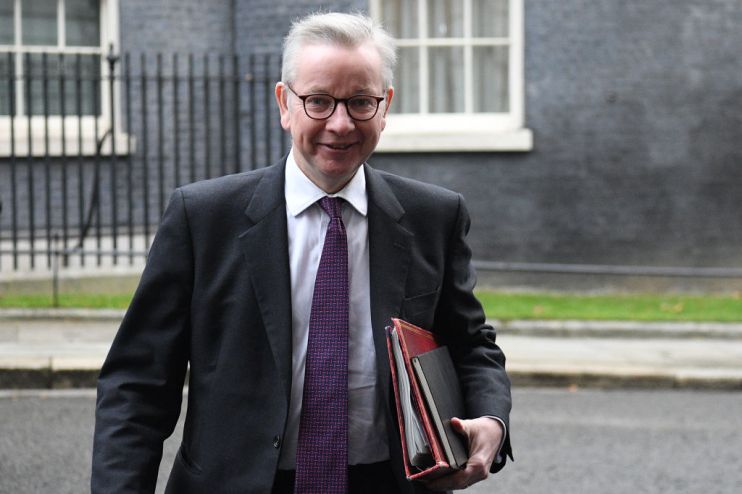Westminster must relax its grip on the purse string to fix regional inequalities

Last week, Michael Gove visited Wolverhampton as he prepared to release the levelling up white paper out today. The central aim of this government has been to re-energise regions across the country to ensure investment and opportunities are shared widely.
In the West Midlands, we have already begun the journey to create more opportunities and drive more growth throughout the region.
But I sometimes wonder what governors of American States, chief ministers in India or regional leaders in Germany would make of our comparatively centralised political system. While they retain substantial slices of tax revenue locally, local leaders in the UK expend time pleading their case with the Westminster universe in control of the coffers. Adjusting that dynamic would truly be a game changing paradigm shift.
Greater fiscal responsibility for local authorities is the holy grail of devolution. To truly create a more equal distribution of wealth across the country, we must move away from the current model of near complete reliance on central government, and towards one where local authorities hold much greater fiscal control over the regions for which they are responsible.
For us, we want the levelling up paper to create the foundations for reskilling and retraining people for sustainable jobs. But there is a perception these kinds of changes to everyday lives start and end with the Treasury handing out cash.
The government has been clear that their vision for levelling up goes hand-in-hand with devolution. There has indeed been an acceleration of the transfer of powers and responsibilities away from central government. But the devolution of tax-raising powers has not kept up. Even London – the region with the most advanced devolution of tax and spending powers – retains only about 7 per cent of the income it raises through local taxes. The current system fuels an over-reliance on grants and funding from central government in order to deliver on regional responsibilities.
Mayors and our local government teams currently devote a significant share of time to ad-hoc bidding for government grants, taking up bandwidth on both local and central government sides that could be much better spent elsewhere. This is wasted time which could be spent delivering programmes for growth in touch with the needs of our region.
The current system is also wrought with issues of instability of long-term planning and limited flexibility. In the absence of sustainable flows of income, budgeting for long-term plans becomes inherently unstable for local governments, and with every available resource properly allocated, we are often left with limited options if we need to quickly respond to local challenges. Levelling up is about sustainable long-term change, an ambition that we will struggle to meet if our funding model remains driven by short-term funding.
Tax devolution therefore must be considered an essential part of the levelling-up equation. But there should be equal give-and-take if we are to make levelling up a success across the country.
Of course, with the extra funding and powers, there must also be more accountability. This would mean regional authorities have to make the case for tax and spending decisions to voters, rectifying the current disconnect where local leaders are unable to make good on the wants and needs of the people who elect them.
This is not a case of calling in favours with no strings attached. Strong accountability mechanisms must also be part of the consideration, with central government retaining the ability to revoke control of specific taxes in the case of poor management.
This won’t be overnight. There are intermediate steps we can take along the path to major tax devolution that should be taken as part of the next stage of the levelling-up plan. We should adopt a principles-based approach to identify which taxes would be most appropriate to devolve, as well as testing and building out regional capabilities to manage tax revenues through the devolution of smaller tax pilots. Once regions have demonstrated the capacity to manage smaller taxes, such as tourist tax and vehicle excise duty, then we should consider moving towards devolution of higher value taxes and charges.
Levelling up is ultimately about making life better for local people where they live. Local governments who are closest to the lives and livelihoods of their people are essential to the equation. It is time to give us the proper fiscal responsibility befitting of the scale of the task ahead of us.
